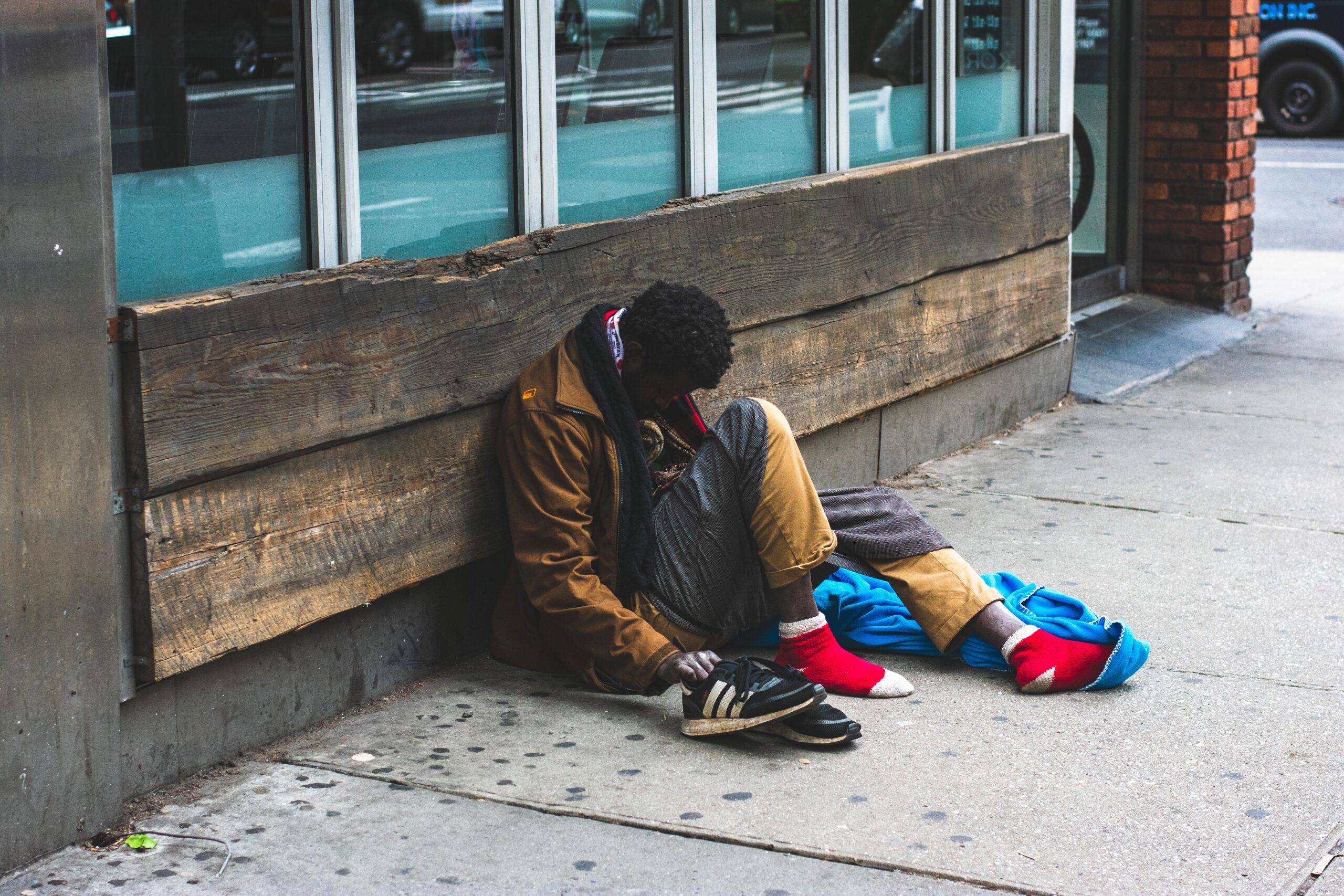A failing grade has been issued in an annual report card from the Nelson Committee on Homlessness after the city was rated as having the second highest rate of homelessness in BC’s interior.
The committee published its report after gathering information from the Homeless Services Association, Statistics Canada, and census data from 2021 showed that Nelson had a homeless rate of eight per 1,000 population. This was compared against Kamloops and Kelowna which had a rate of two per 1,000 population, and Vancouver showed a rate of five per 1,000 population.
The committee held a panel discussion today to talk about the crisis and how to bring Nelson’s homeless population down.
Community coordinator Jayne Caldwell says the city needs more affordable housing.
“We have no housing,” says Caldwell. “We need to figure out how to house people today, and over the long term. We have to recognize people have some complex needs.”
Caldwell says those complex needs range include mental health issues, substance use and learning disabilities.
According to a point-in-time survey of the homeless population in Nelson, 63 per cent are suffering from mental health problems, 57 per cent are suffering from substance use and 50 per cent are suffering from a learning disability. Forty-three per cent are suffering from all three.
Challenges don’t have to be present on their own. They can be looped together, says Caldwell.
Addiction and mental health are not to blame alone. Rising inflation, affordability, and the cost of living are other factors to be considered, says Caldwell.
“The living wage in Nelson is now close to $20 per hour,” she says.
According to the committee the rising cost of living means people cannot afford food, and poverty is becoming a reality for them..
The report card illustrates that people who do find a place in the city often are paying rent that is considerably higher than what people can afford off a minimum wage job.
Caldwell says the average advertised rental cost in Nelson for a one bedroom unit, not including utilities, is $1,241 versus renting a room, which is $774. “This means there is an affordability gap of $529 that a person making minimum wage can not afford to pay.”
The report states that 37 per cent of Nelson residents rent, and 36 per cent are paying more than they can afford.
The vacancy rate is currently zero, which is unchanged since 2014.





